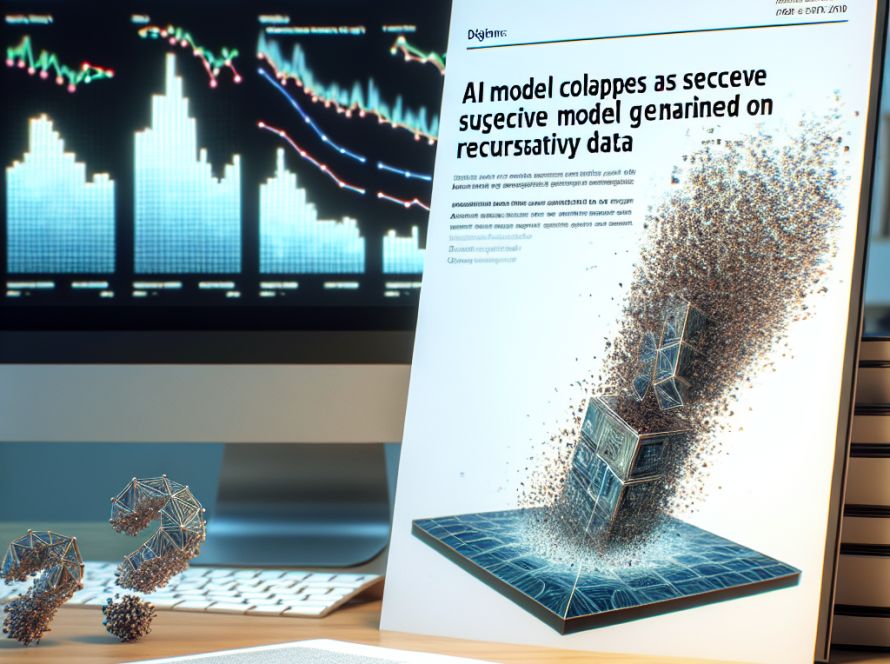Artificial intelligence (AI) is playing a key role in promoting sustainability and addressing pressing climate change challenges. With its intricate algorithms and predictive modelling capabilities, AI has the potential to drive major transitions in multiple sectors, from renewable energy and environmental conservation to urban planning, pollution control and resource management.
AI’s role in optimizing renewable energy has been transformative, enhancing efficiency and integrating diverse energy sources smoothly into the energy grid. AI’s ability to predict and manage supply and demand balance is critical, particularly given the intermittent nature of renewable energy sources like wind and solar power. By forecasting weather conditions and energy consumption patterns, AI ensures a steady supply of energy, maximises the use of renewables and reduces reliance on fossil fuels.
In climate change prediction and mitigation, AI is vital. It processes vast datasets from sources such as satellite imagery and historical climate models to provide highly accurate predictive models of long term climate trends. This is crucial in planning for extreme weather events and developing impactful environmental policies.
The role of AI extends into environmental monitoring and protection, revolutionizing data analysis and real-time tracking of wildlife populations and ecosystem health. AI’s ability to predict environmental changes and model complex ecological interactions aids conservation efforts.
AI also offers transformative opportunities in water resource management. By forecasting water demand based on past consumption data, weather conditions and population growth, AI ensures efficient water distribution, helping manage drought and detect anomalies in water distribution, such as leaks or contaminations.
In pollution control, AI provides constant monitoring using sensors and satellites to collect invaluable data on air and water quality. This real-time data allows for quick responses and informed decision-making to mitigate environmental risks, maintain public health standards and achieve regulatory compliance.
AI’s role in sustainable urban planning and renewable resource discovery is increasingly significant. From modelling traffic flows and population growth to identifying optimal locations for renewable energy installations, AI can generate insights that can enhance the efficiency and sustainability of cities and renewable technologies.
The integration of AI into sustainability and climate change initiatives marks a shift towards more effective environmental management and conservation strategies. Major transformative applications of AI technologies offer promising potential to revolutionize our approach to the complex challenges of sustainability and climate resilience. As such, AI is becoming an indispensable tool in global efforts to protect the Earth.


